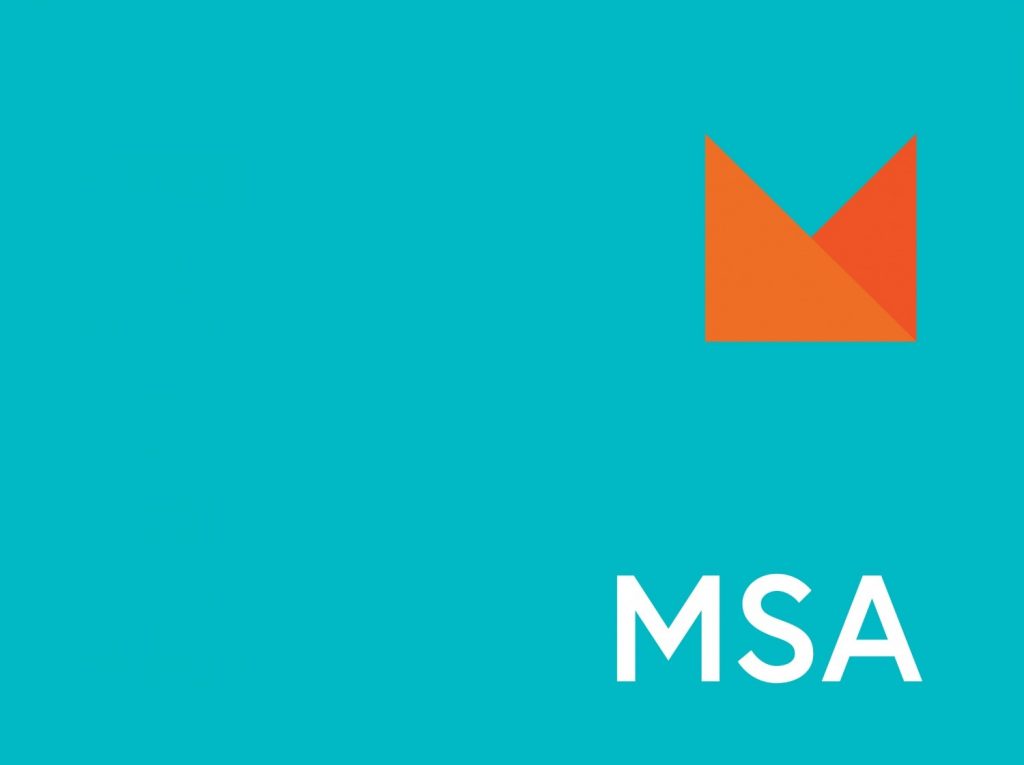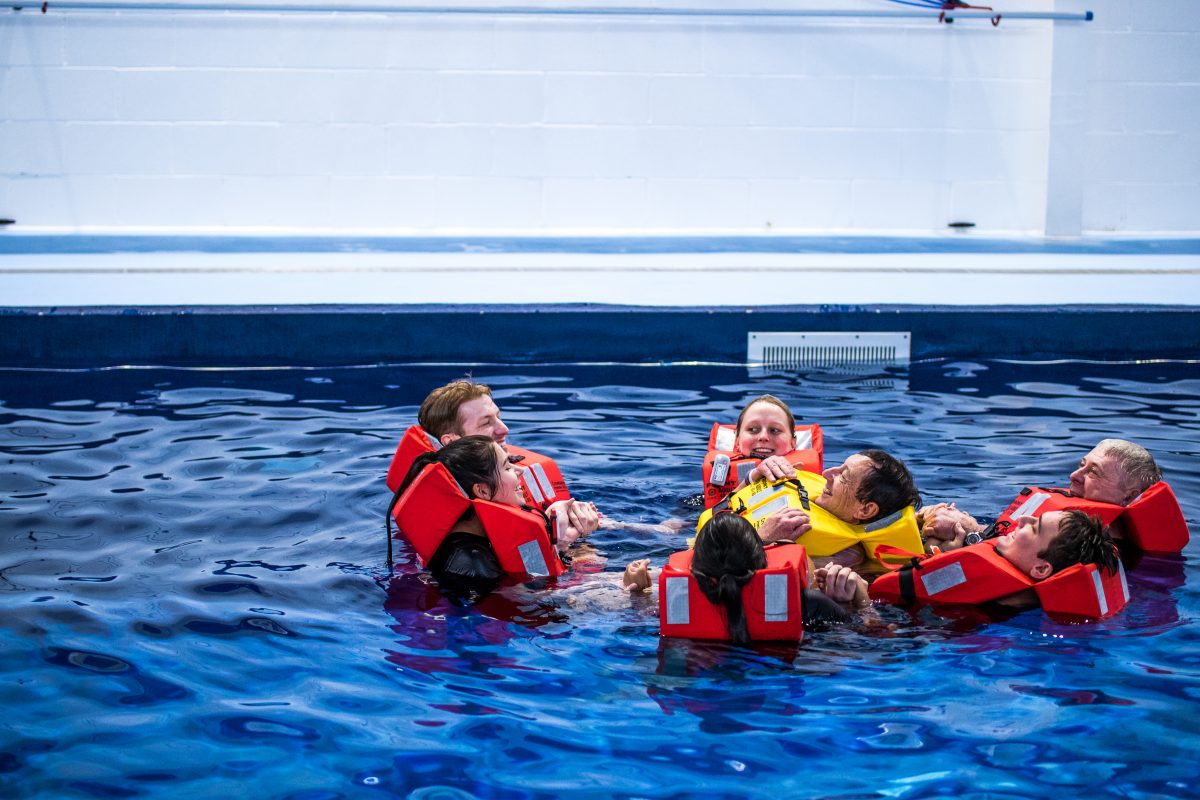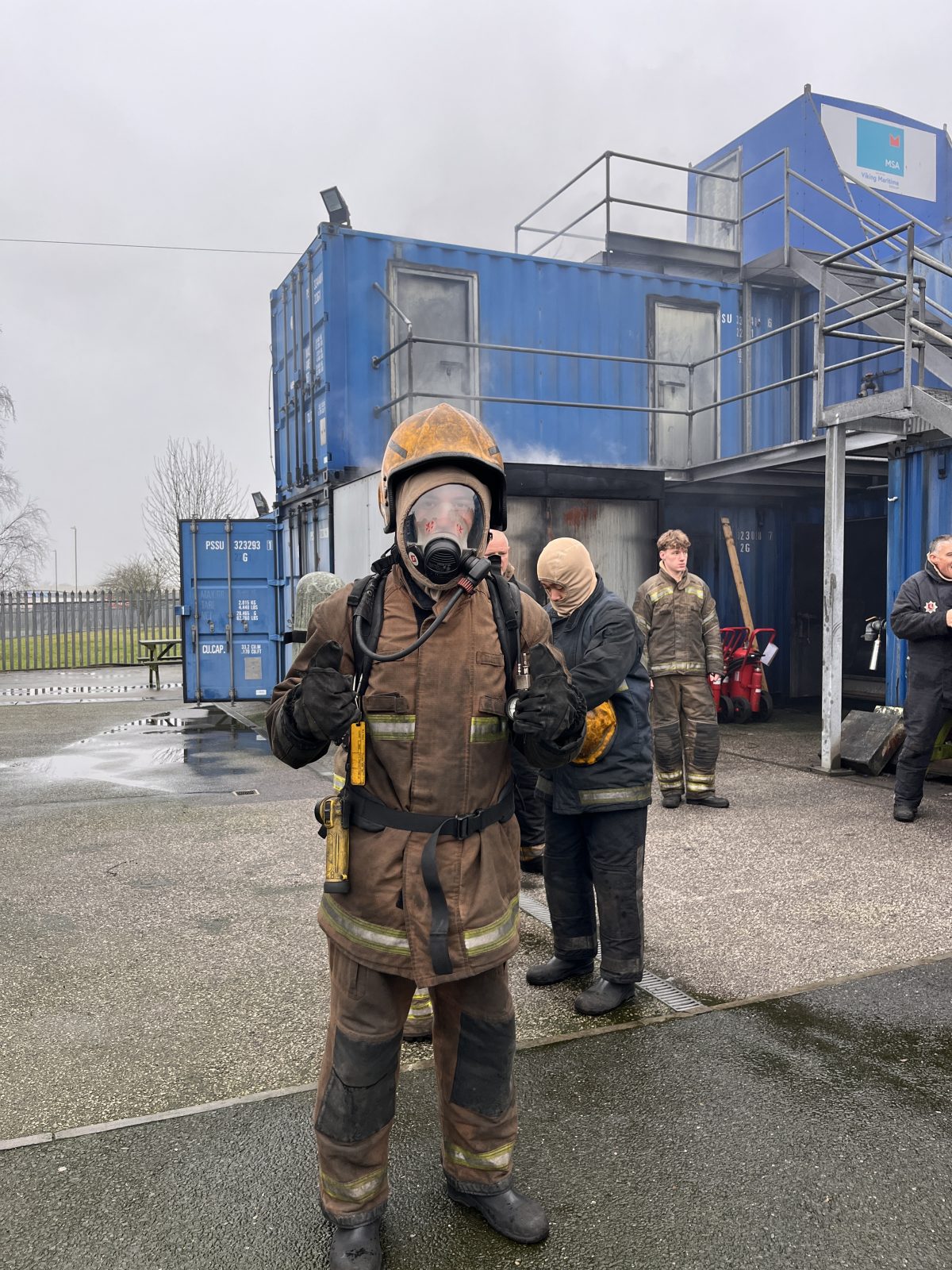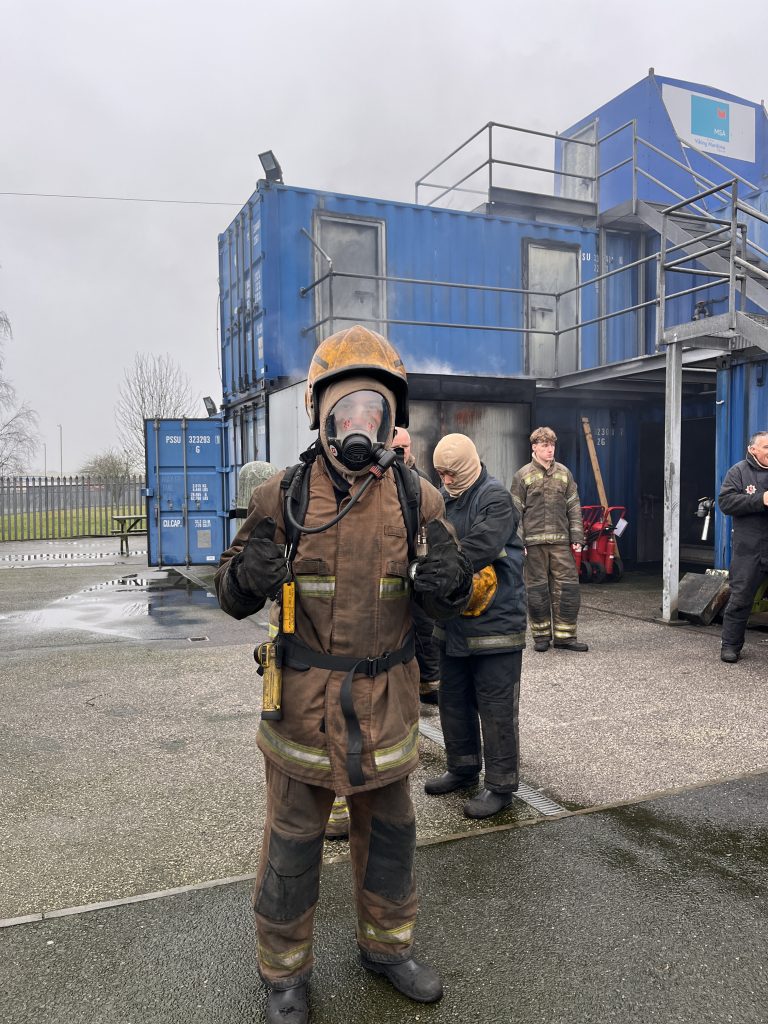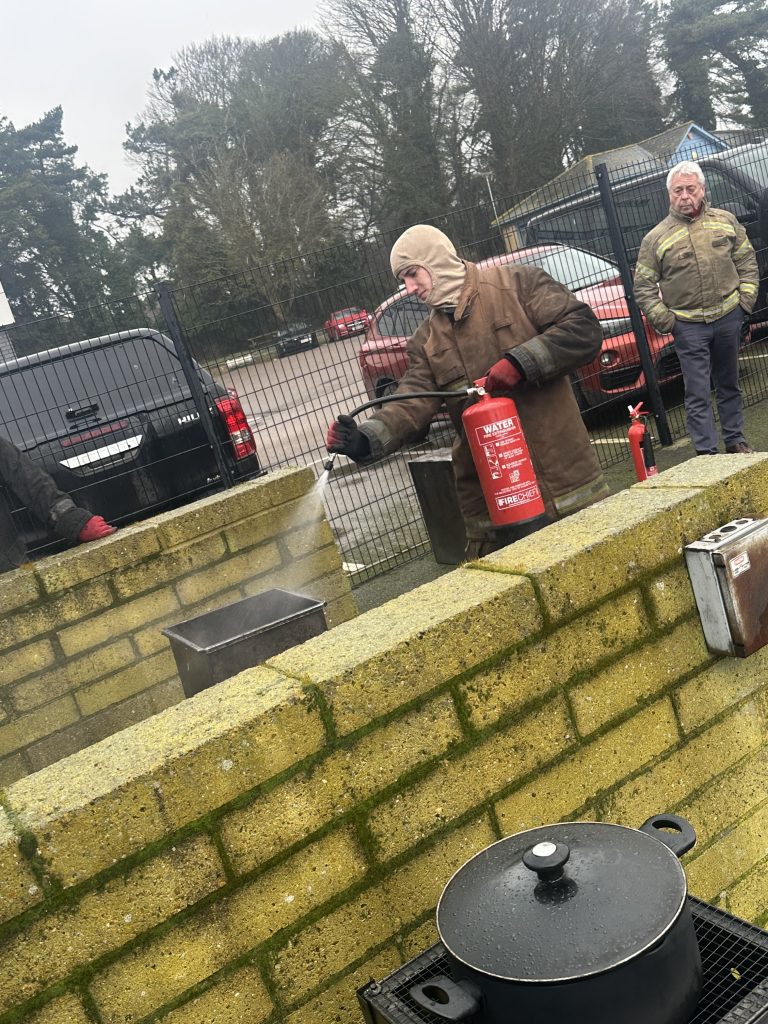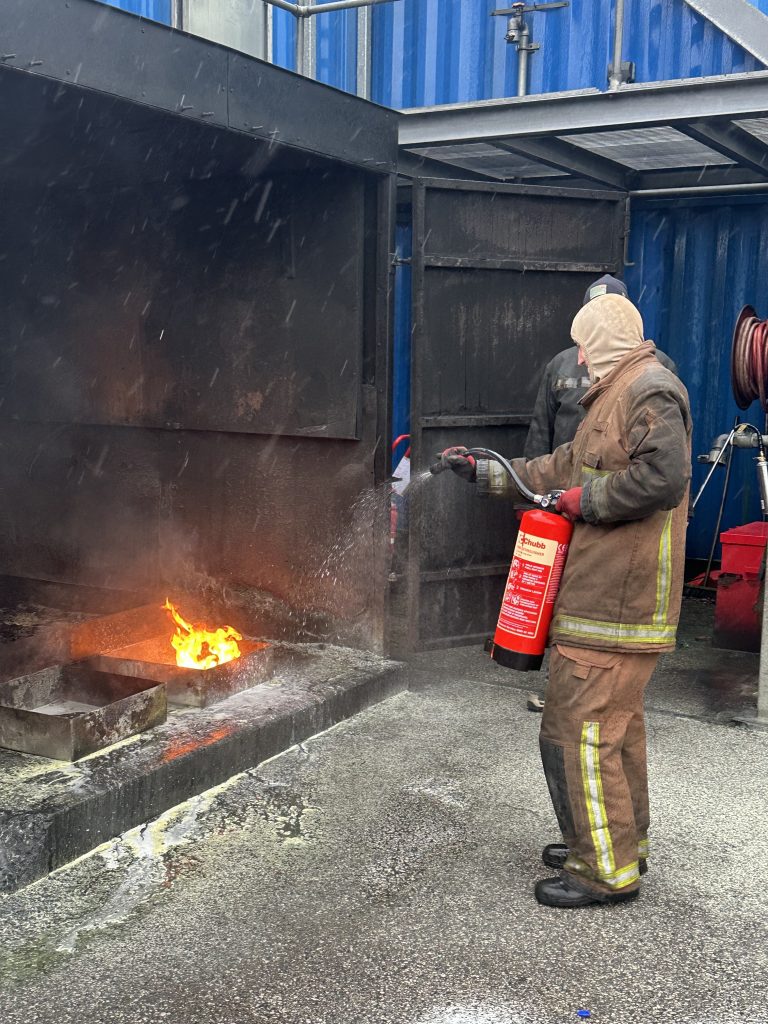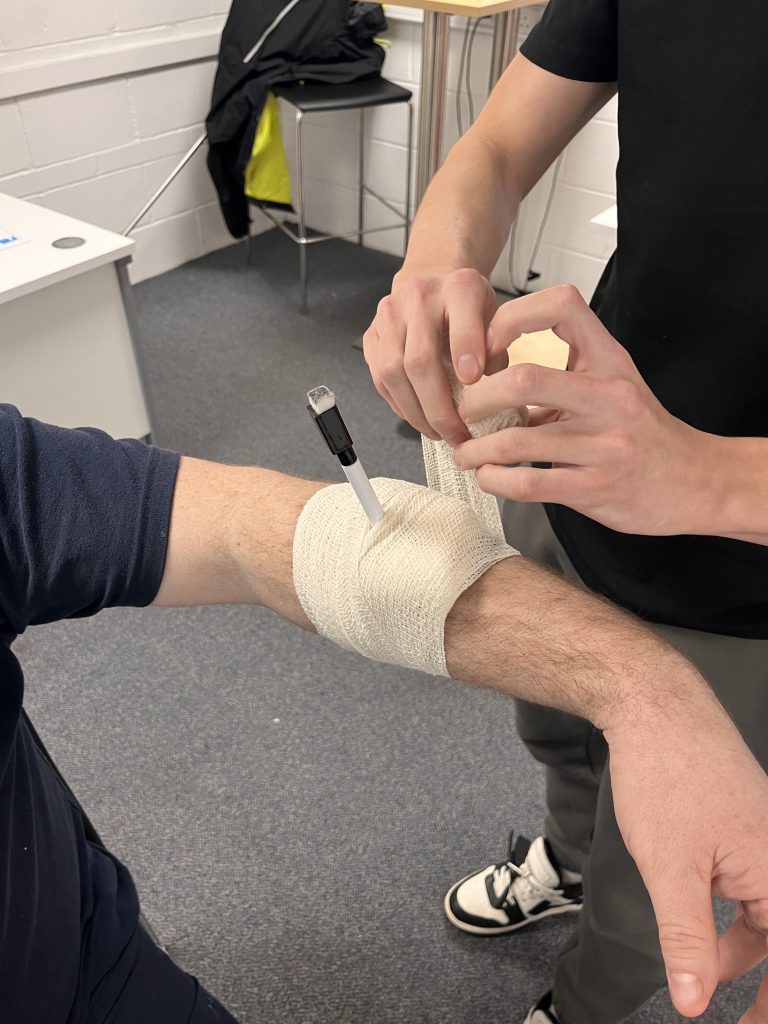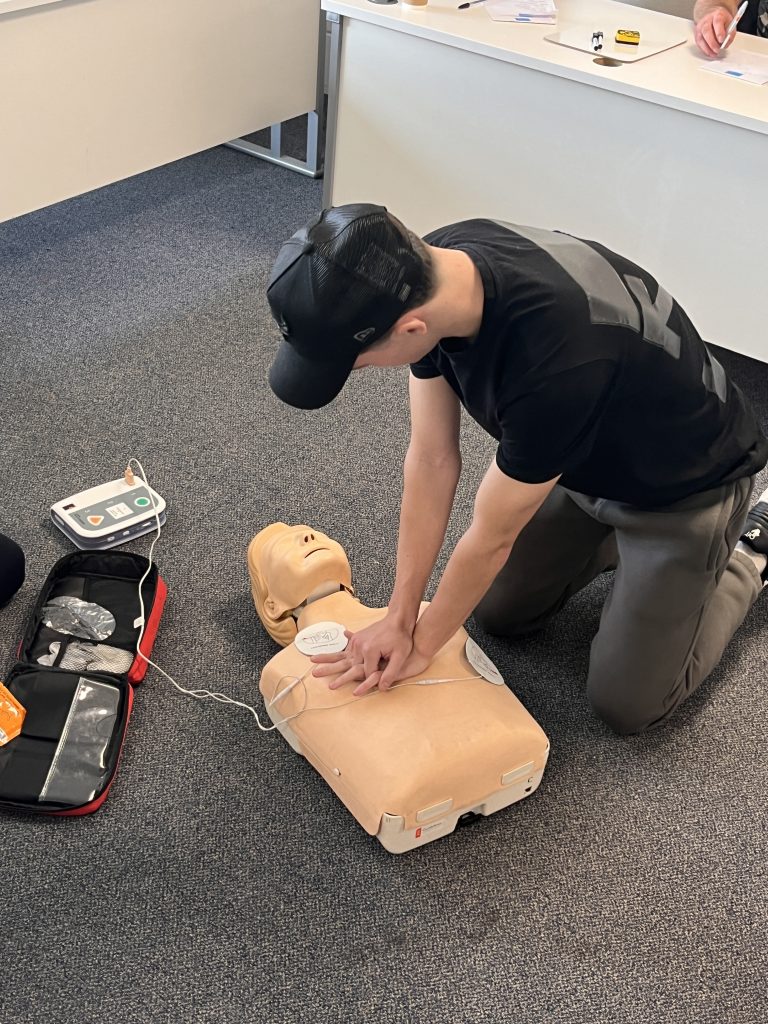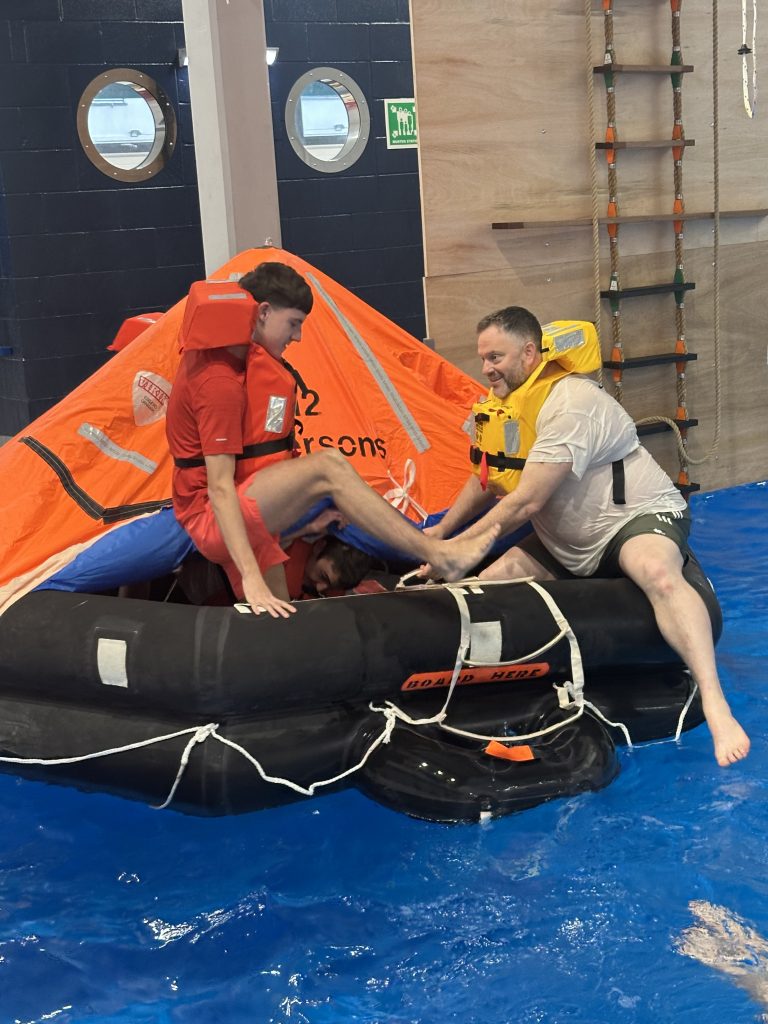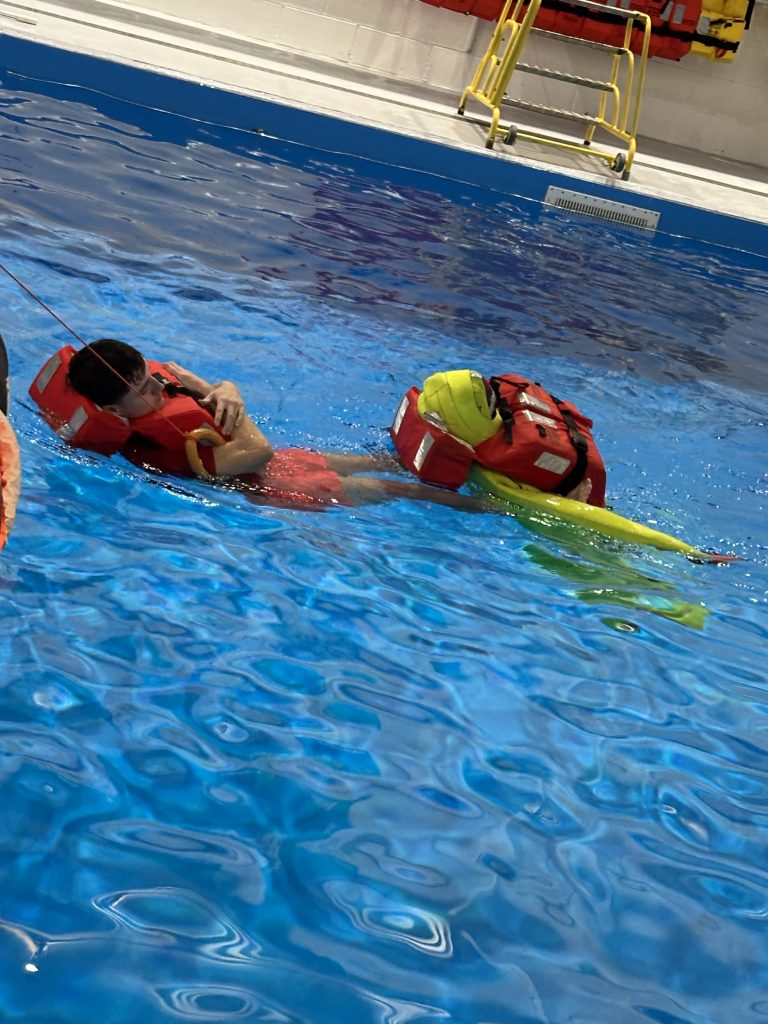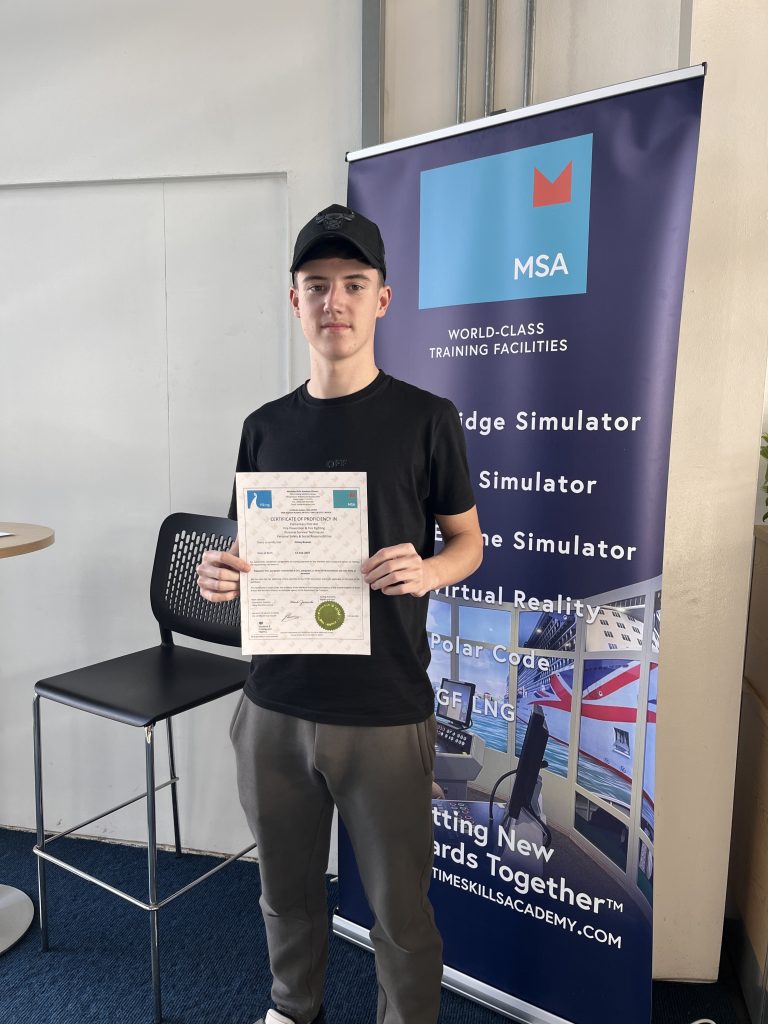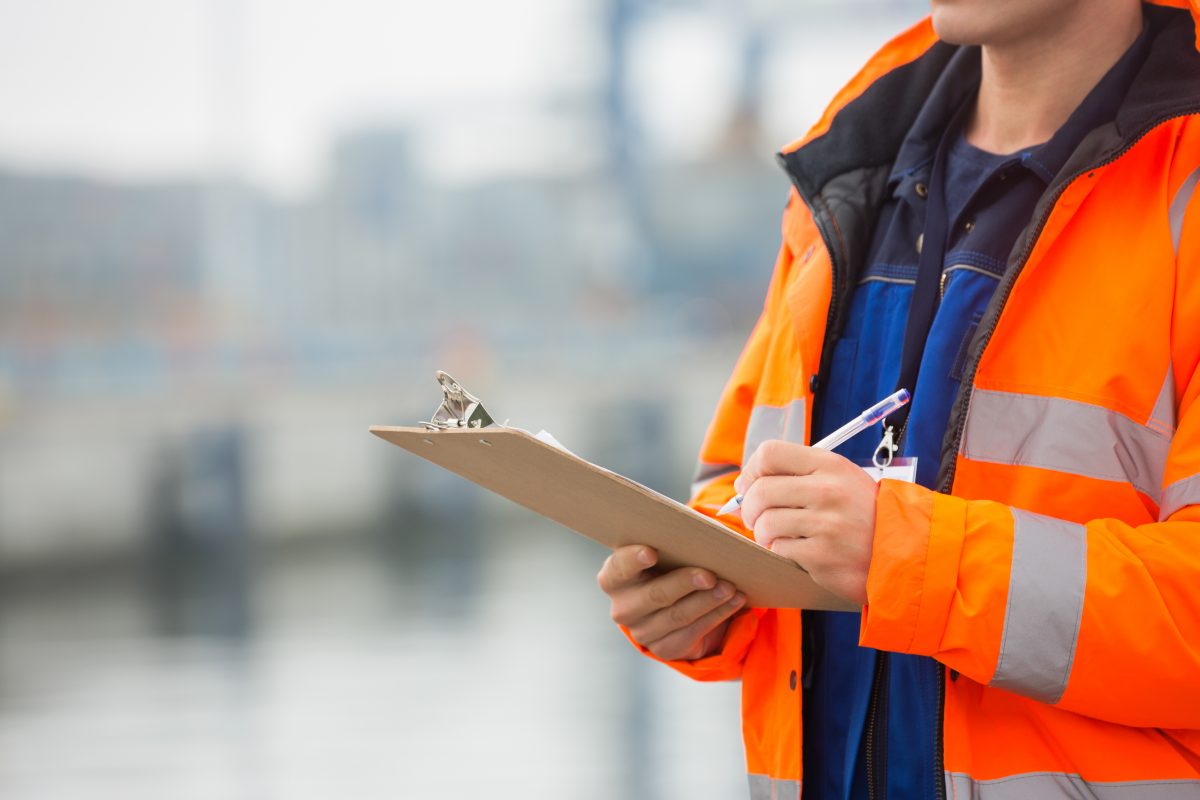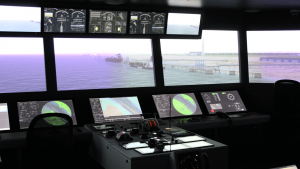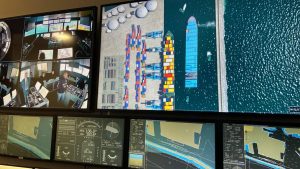The purpose of Drowning Prevention Day is to raise awareness and inform others on the life-saving steps you can take to prevent drowning.
Taking place on the 25th of July, Drowning Prevention Day aligns with the start of the summer holidays, a time when thousands flock to the coasts and swim in the sea.
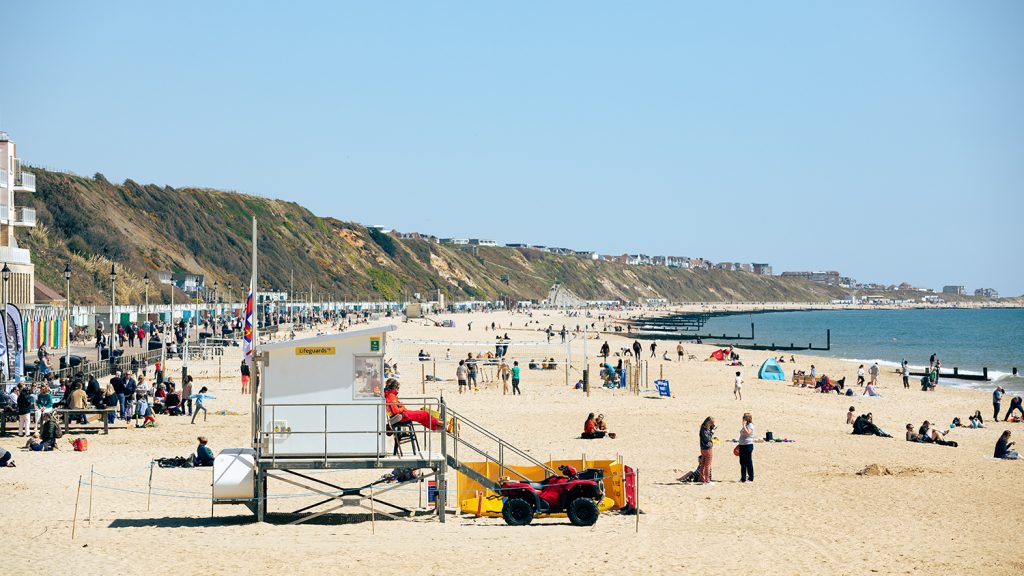
A tragic average of 300,000 people, globally, drown annually, a statistic that is far too high. In an attempt to reduce the excessive number of drowning casualties, this national day teaches individuals how to survive and save their peers.
The 2025 Drowning Prevention Day Focus
At the Maritime Skills Academy, we are focusing on RNLI’s excellent “Float To Live” campaign and reinforcing the steps individuals can take if they do find themselves starting to drown.
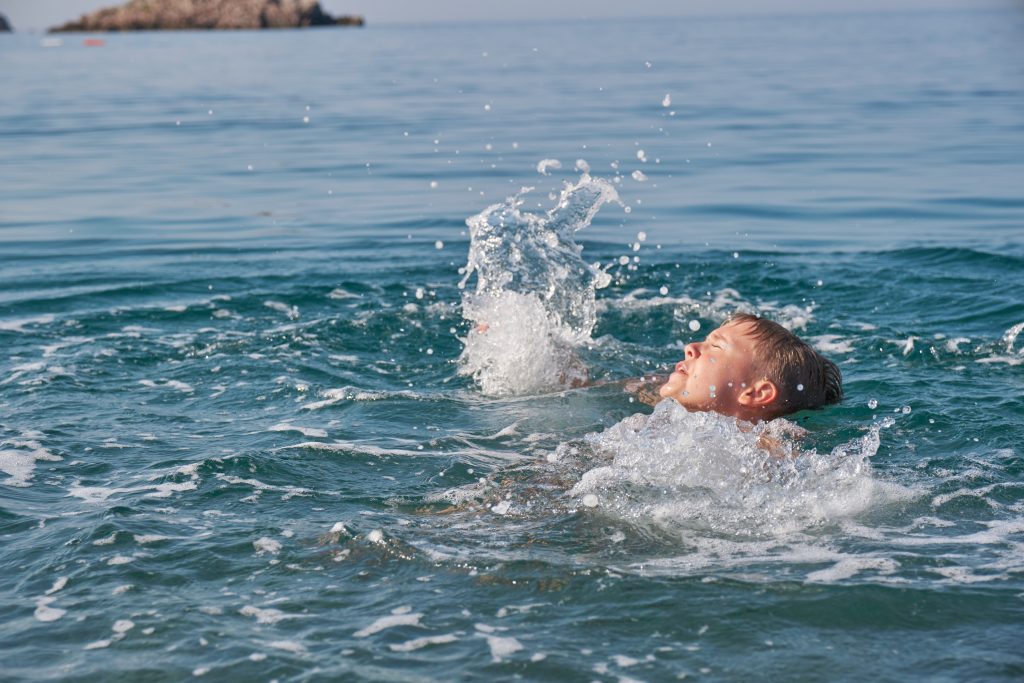
Whether you are swimming in a pool or in the sea during the summer, there should always be a trained safety professional nearby. Lifeguards, Coastguards, and the RNLI are always on call to deal with drowning emergencies. However, depending on the tide, how far from shore you are and how busy the area is, rescue can take time. It is important to be prepared to remain calm and wait.
Here we will cover the key steps to staying afloat and what you should do if you panic and begin to drown.
What to do if you start drowning
- Relax: As difficult as this may seem at the time, relaxing your body will increase buoyancy and conserve your energy. Especially in colder waters, it’s incredibly crucial that you conserve your energy by moving as little as possible.
- Keep your face above the water with your ears submerged: When you begin drowning, the main focus is keeping your nose and mouth above water, keeping your airways clear.
- Keep your arms beneath the surface and move them in small circular motions: Having your arms break the water’s surface will increase your chances of becoming submerged. Performing small circular motions with your arms will act as a form of treading water and will shift the focus from panic to.
- If you can, raise your arm and signal for help: During the summer, the coastguard and lifeguards will be on the lookout for incidents, but also the busy beaches means that you’re more likely to be spotted. So, if you are unable to lift your arm or signal for help, it may only take a little longer for the situation to be noticed.
- Try to swim to safety: Even the strongest of swimmers can find themselves in trouble in the water, but it’s vital that you point your head towards safety and continue with circular arm motions beneath the water, helping you to drift in the right direction.
Our Mission at the MSA
Our purpose at the MSA is Setting New Standards Together. Our training is specifically designed to improve the safety of seafarers both during their roles onboard and in the event of emergencies ashore.
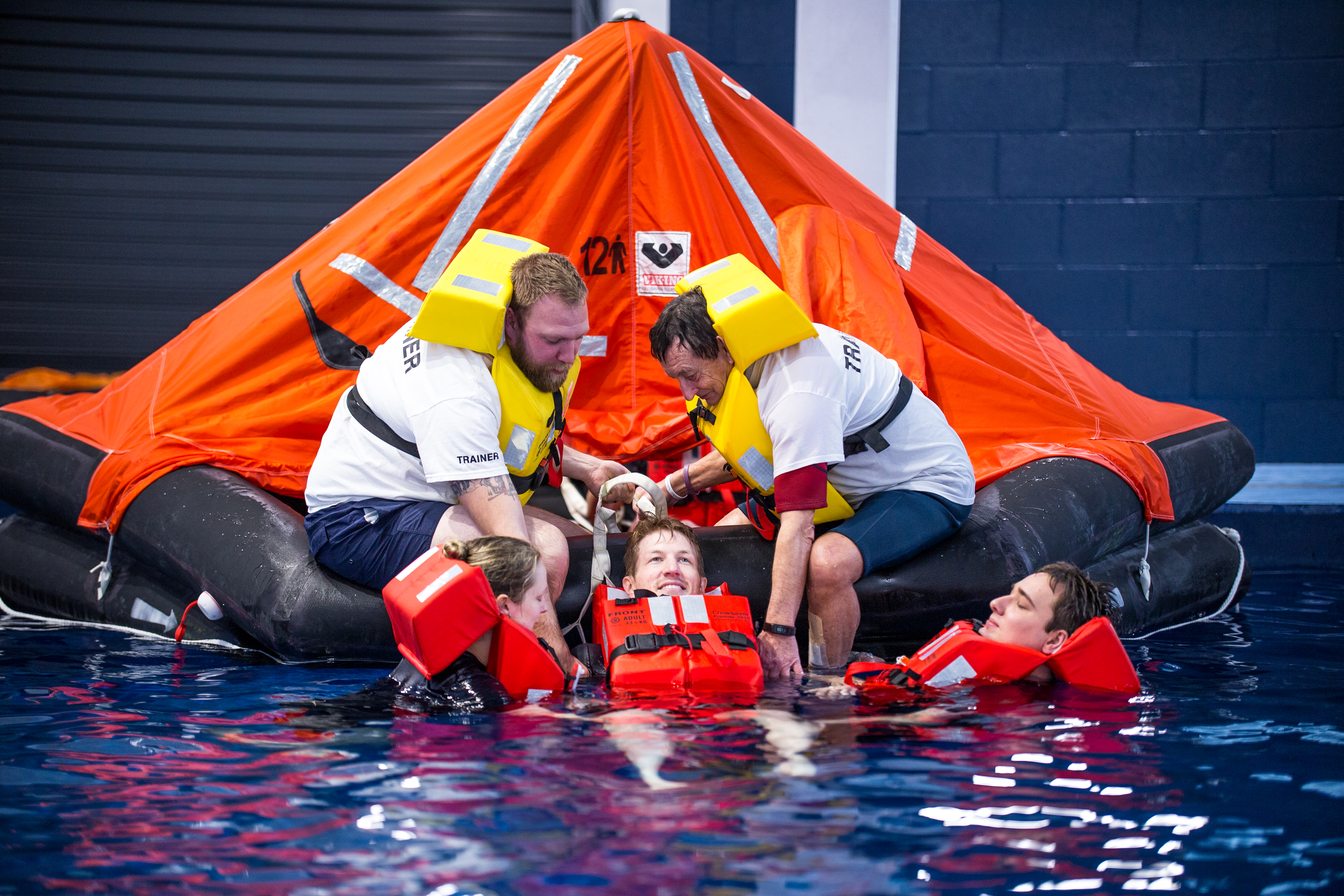
As part of the STCW Basic Safety Training course, our expert instructors teach Personal Survival Techniques (PST). This course trains delegates to be prepared for an abandon ship scenario. Using our full weather simulation survival pool, we can train crew to survive in the water, upright life rafts, rescue casualties, and make their way to safety.
If you are interested in participating in a Personal Survival Techniques course, contact us today to find out more.
